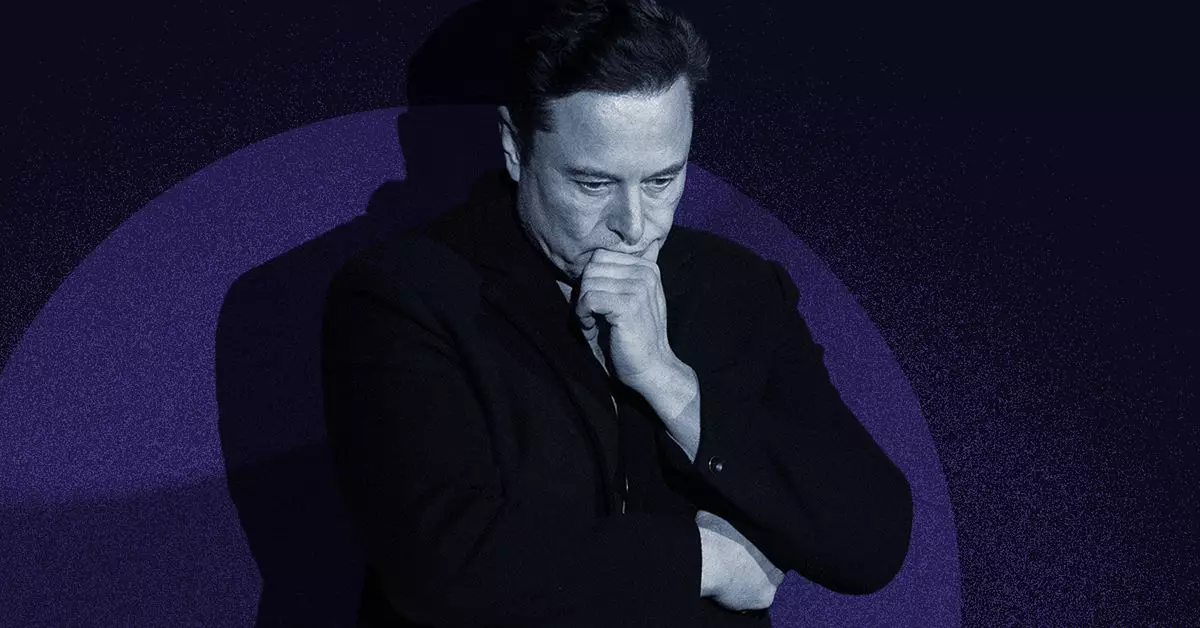Elon Musk’s recent actions as co-lead of the Department of Government Efficiency (DOGE) advisory group have ushered in an unsettling paradigm within the realm of government communications. While his numerous ventures in technology and space exploration have positioned him as a figure of public fascination, his latest foray seems to be aimed at dismantling perceived bureaucratic inefficiencies using a method that some critics label as “digital intimidation.” Rather than engage in constructive dialogue about government reform, Musk appears to rely on public ridicule and harassment to fuel his agenda.
A prime example of this tactic occurred recently when Musk amplified a critique of Ashley Thomas, the Director of Climate Diversification at the US International Development Finance Corporation. By sharing a post that questioned the necessity of her position, Musk not only targeted an individual but also mobilized his followers to engage in extensive harassment against her, displaying the imbalanced power dynamics that characterize social media discourse today. The dissemination of memes and derogatory comments, following Musk’s call-out, paints a grim picture of a culture wherein public figures are subjected to relentless scrutiny without due process or reasonable discussion.
Responses from various communities, particularly those representing government employees, have been swift and revealing. Union representatives have voiced concerns that such tactics could instill a pervasive atmosphere of fear among federal employees, resulting in a chilling effect on their willingness to serve the public. The potential consequences extend far beyond the immediate victim; they could lead to broader reluctance among public servants to engage openly and honestly, ultimately undermining the very governance structures necessary for effective functioning.
Musk’s commitment to the “free speech” narrative is frequently invoked to justify his actions. However, what he describes as free expression often morphs into a vehicle for public harassment, resonating with past incidents that reflect a trend toward leveraging social media platforms as tools of intimidation. Historical precedents—such as Musk’s derogatory comments aimed at various individuals—illustrate a troubling pattern where the line between accountability and aggression gets blurred, often to the detriment of individuals unable to defend themselves in the digital arena.
As the DOGE group embarks on its mission of amplifying government efficiency, there remains an urgent need to critically assess the ethical implications of its approach. The public nature of this mission, combined with Musk’s penchant for digital theatrics, suggests that we may soon witness further instances of targeted harassment against civil servants. In this evolving landscape, the implications for public discourse and the essence of governance itself are ripe for debate, necessitating an urgent call for accountability in how we engage with our public figures online. The future of democratic dialogue relies on elevating discussions above digital assaults and restoring integrity to both public service and social media simply for the sake of progress.


Leave a Reply